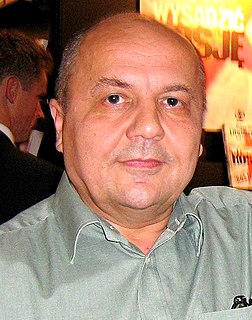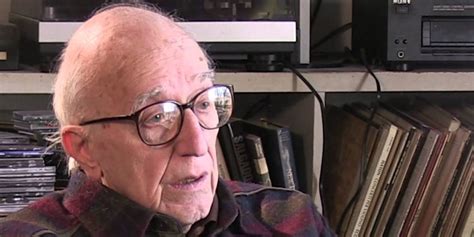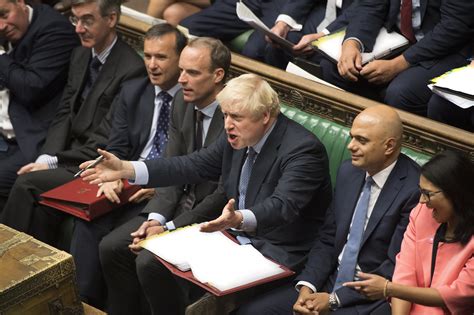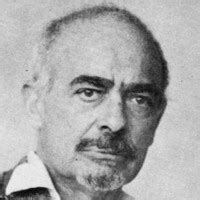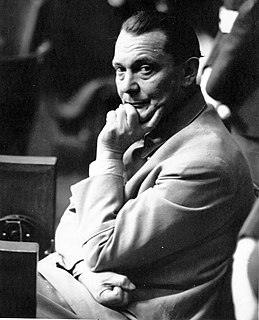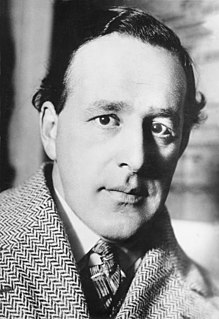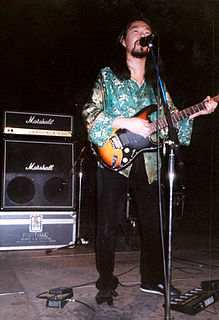A Quote by Viktor Suvorov
The Communists claim that they liberated the Russian people. Yet, when the Great Patriotic War began, these same Russians greeted their foreign invaders with tears, with flowers and with enthusiastic hospitality. What can have brought them to the point at which they would greet even Hitler as their saviour and liberator?
Related Quotes
The U.S. public is depoliticised, poorly informed on foreign affairs... and strongly patriotic in the face of a struggle with another Hitler. Even though the public is normally averse to war, even with modest propaganda efforts... the public can be quickly transformed into enthusiastic supporters of war.
It seemed to me singularly ill-contrived for the British government to be going to war with Hitler when Hitler might have been about to attack the Russians, and even more ill-contrived that, when Hitler did attack the Russians, he had already defeated the French army. What I'm saying is that the war shouldn't have been started in September 1939...from the point of view of Britain, the war was really not a good thing and I would regard it as, in effect, a defeat.
Once the war began, the government could do anything 'necessary' to win it; so it was with the 'final solution of the Jewish problem,' which the Nazis always talked about but never dared undertake, not even the Nazis, until war and its 'necessities' gave them the knowledge that they could get away with it. The people abroad who thought that war against Hitler would help the Jews were wrong. And the people in Germany who, once the war had begun, still thought of complaining, protesting, resisting, were betting on Germany's losing the war. It was a long bet. Not many made it.
Not only did waging war against Hitler fail to save the Jews, it may be that the war itself brought on the Final Solution of genocide. This is not to remove the responsibility from Hitler and the Nazis, but there is much evidence that Germany's anti-Semitic actions, cruel as they were, would not have turned to mass murder were it not for the psychic distortions of war, acting on already distorted minds. Hitler's early aim was forced emigration, not extermination, but the frenzy of it created an atmosphere in which the policy turned to genocide.
The second type you have at these parades seems to be the people who want to mislabel Hitler. Everybody in the world is Hitler. Bush is Hitler, Ashcroft is Hitler, Rumsfeld is Hitler. The only guy who isn't Hitler is the foreign guy with a mustache dropping people who disagree with him into the wood chipper. He's not Hitler.
To me there are two Hitlers: one who existed until the end of the French war; the other begins with the Russian campaign. In the beginning he was genial and pleasant. He would have extraordinary willpower and unheard-of influence on people. The important thing to remember is that the first Hitler, the man who I knew until the end of the French war, had much charm and goodwill. He was always frank. The second Hitler, who existed from the beginning of the Russian campaign until his suicide, was always suspicious, easily upset, and tense. He was distrustful to an extreme degree.
The Irishman frees himself from slavery when he realizes the truth that the capitalist system is the most foreign thing in Ireland. The Irish question is a social question. The whole age-long fight of the Irish people against their oppressors resolves itself in the last analysis into a fight for the mastery of the means of life, the sources of production, in Ireland. Who would own and control the land? The people, or the invaders; and if the invaders, which set of them - the most recent swarm of land thieves, or the sons of the thieves of a former generation?
The American and the British armies liberated camps, there wasn't a single order of the day: Let's go and liberate the camp. They stumbled upon the camps. Same thing with the Russians, I asked the Colonel who liberated Auschwitz, they didn't, there wasn't a priority. But I feel that that was a mistake, it was a sin because they could have saved so many people and they didn't.
A 'Hitler myth' was cultivated which built on people's desire for strong leadership, and presented Hitler as an almost God-like figure. Hitler's image was laboured over in a manner not dissimilar to that of pop stars today. What he wore, what he said, what postures he adopted during speeches were all worked out carefully... Many people began to separate Hitler from the Nazi Party, enabling Hitler's popularity to remain high whilst the popularity of the Nazi Party fell.
There are at the present time two great nations in the world--the Russians and the Americans. The American relies upon his personal interest to accomplish his ends and gives free scope to the unguided exertions and common sense of the people. The Russian centers all his authority of society in a single arm. The principal instrument of the former is freedom; of the latter, servitude. Their starting point is different and their courses are not the same; yet each of them seems marked by the will of Heaven to sway the destinies of half the globe.
